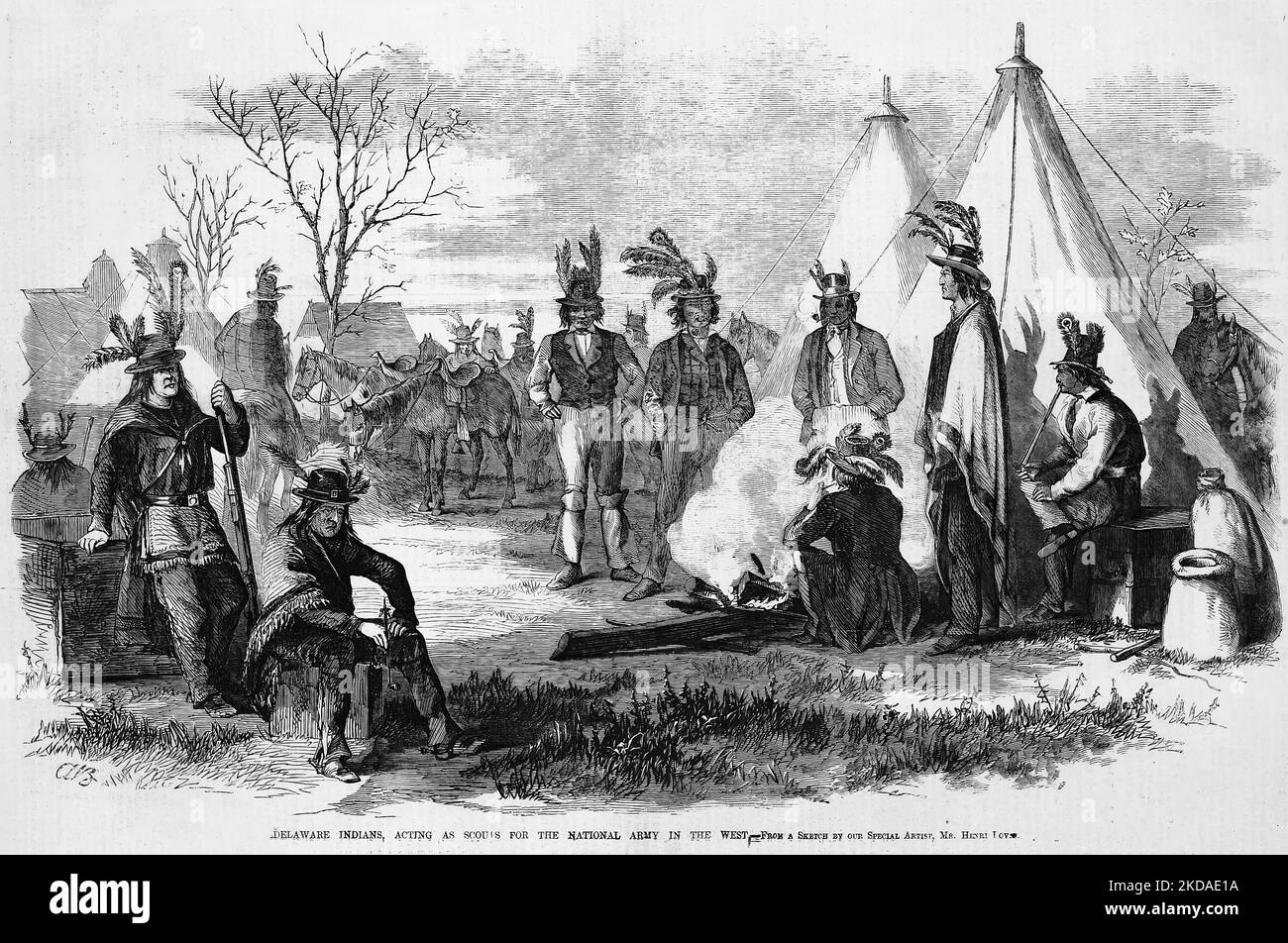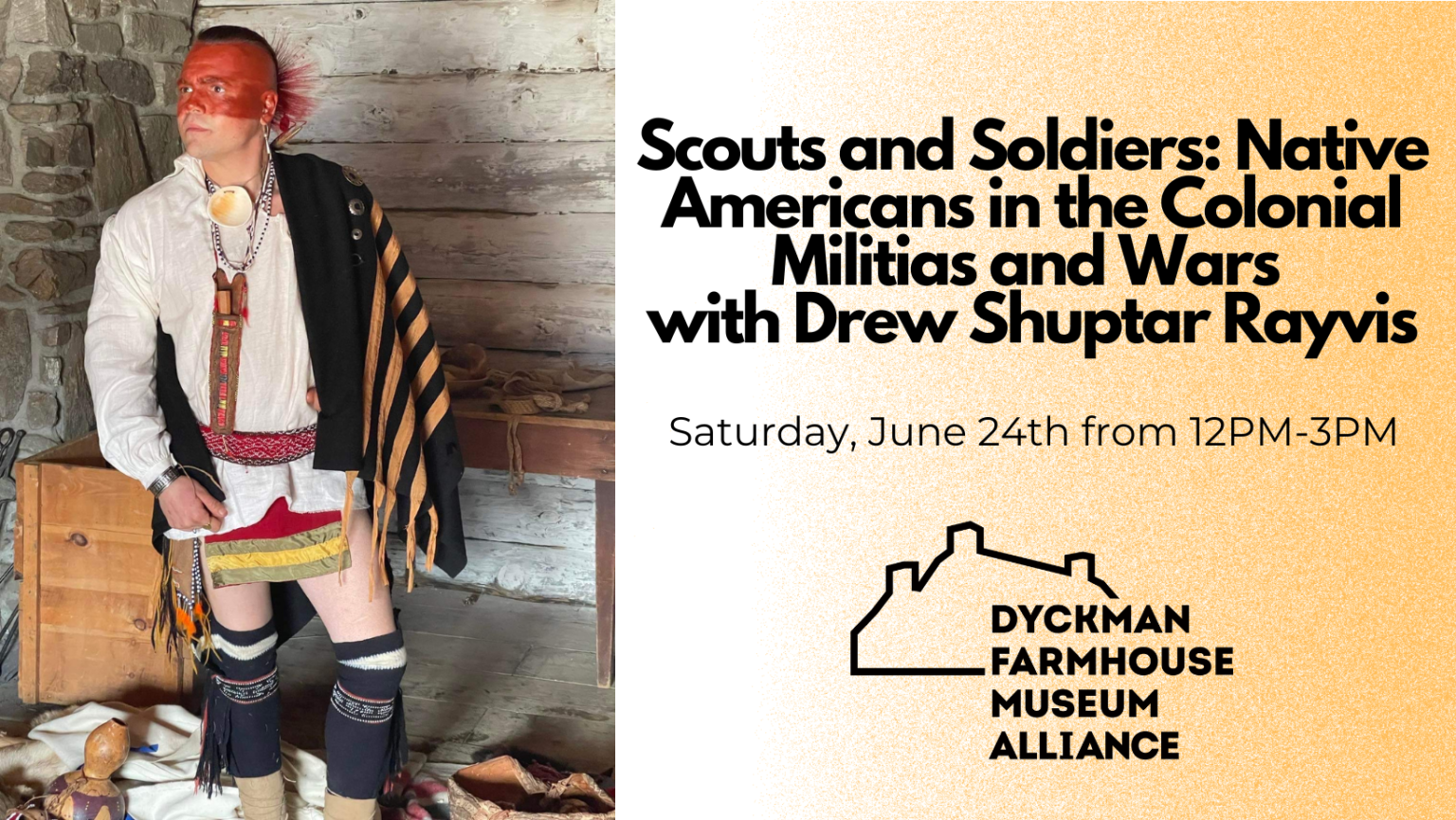
Silent Guides, Complex Loyalties: The Indispensable Role of Native American Scouts in Colonial Wars
The history of colonial expansion across the Americas is often painted with broad strokes: European powers clashing with Indigenous populations, a narrative of conquest and resistance. Yet, within this grand tapestry lies a crucial, often overlooked thread: the intricate, indispensable, and profoundly complex role of Native American scouts. Far from being mere footnotes, these individuals and their tribal groups were pivotal actors, shaping the outcome of countless conflicts, guiding empires through unfamiliar wilderness, and navigating a perilous landscape of shifting alliances, survival, and sometimes, heartbreaking paradox.
From the dense forests of the East Coast to the arid plains of the West, European colonists arrived largely ignorant of the vast, untamed continent they sought to claim. Their military tactics, forged on European battlefields, were ill-suited for guerrilla warfare, forest ambushes, and the sheer logistical challenge of traversing immense, trackless territories. This is where Native American scouts became not just an advantage, but an absolute necessity. They possessed an intimate knowledge of the land – its hidden trails, water sources, edible plants, and the movements of its inhabitants – that no European could hope to replicate. Their senses, honed over generations, could read the subtlest signs: a broken twig, a disturbed rock, the faint scent of a distant campfire, all telling a story of who had passed, when, and where they were headed.
Their skills were unparalleled: tracking human and animal movement over any terrain, interpreting weather patterns, identifying natural resources, and moving with an unparalleled stealth that often rendered them invisible to their adversaries. They were masters of observation, able to discern intentions and anticipate threats with uncanny accuracy. This expertise was not merely a tactical benefit; it was often the difference between success and catastrophic failure for colonial expeditions. As General George Crook, a veteran of the American Indian Wars, famously stated, "Without them, we were blind."
However, the motivations behind Native American participation as scouts were anything but monolithic. To simplify their role as mere "allies" or "traitors" is to fundamentally misunderstand the intricate geopolitical landscape of the time. Native American tribes were not a single, unified entity. They comprised diverse nations with their own histories of alliance and animosity, trade networks, and territorial disputes.
For many, allying with a European power was a strategic calculation for survival and dominance. The arrival of the French, British, Spanish, and later Americans, introduced new technologies, trade goods, and diseases, profoundly disrupting existing power balances. A tribe might ally with the French against the British, or vice versa, to gain access to firearms, secure trade routes, or protect their lands from a rival Native nation. The Haudenosaunee (Iroquois) Confederacy, for instance, famously played a sophisticated diplomatic game between the French and British during the colonial period, leveraging their strategic position and military prowess to maintain their influence. Their warriors often served as scouts and auxiliary forces for whichever power best served their immediate interests.

During the French and Indian War (1754-1763), a pivotal conflict in North America, both sides heavily relied on Native American scouts and warriors. The French, with their more decentralized approach to colonization and emphasis on fur trade, often cultivated deeper relationships with tribes like the Abenaki, Huron, and Ottawa. These alliances provided them with essential intelligence and highly effective forest fighters, allowing them to operate effectively in the vast wilderness. The British, initially less adept at Native diplomacy, learned quickly. Figures like Robert Rogers, commander of Rogers’ Rangers, explicitly adopted Native American tactics and recruited Indigenous scouts, recognizing their invaluable contribution to woodland warfare. His "Rules of Ranging" included techniques like moving in single file, observing the enemy without being seen, and utilizing natural cover – all learned from Native American practices.
The American Revolution also saw Native American scouts involved, though perhaps less centrally than in earlier colonial conflicts. Tribes aligned with both the British and the nascent American forces, again driven by their own complex calculations of land protection, treaty obligations, and inter-tribal rivalries. For many, siding with the British represented a hope of curbing American expansion onto their ancestral lands.
The role of Native American scouts reached its most poignant and paradoxical manifestation during the westward expansion of the United States and the subsequent "Indian Wars" of the 19th century. As the U.S. Army pushed relentlessly westward, encountering formidable resistance from Plains tribes like the Sioux, Cheyenne, and Apache, they once again found themselves dependent on Indigenous knowledge.
Perhaps the most famous example is that of the Apache Scouts. Renowned for their incredible endurance, stealth, and intimate knowledge of the rugged Southwestern terrain, these scouts were instrumental in the U.S. Army’s campaigns against their own people, most notably in the pursuit of legendary Apache leaders like Geronimo and Cochise. General George Crook, known for his unconventional and often successful tactics against the Apache, relied almost exclusively on Apache scouts. He understood that "it took Indians to catch Indians." These scouts tracked their adversaries over hundreds of miles of unforgiving desert and mountains, located hidden strongholds, and provided critical intelligence that European-American soldiers simply could not obtain.
Why would Apache men scout for the very army that sought to subdue their people? The reasons were multifaceted. Some belonged to bands that had long-standing feuds with Geronimo’s group. Others sought revenge for raids or killings. For many, it was a pragmatic choice in a rapidly changing world – a way to secure rations, protection for their families, and sometimes, to influence the terms of peace for their communities. They were often promised land and security, promises that were frequently broken by the U.S. government once their usefulness had expired. Men like Alchesay and Chatto, prominent Apache scouts, found themselves in an agonizing position, serving a power that ultimately sought to dismantle their entire way of life.
Similarly, the Pawnee Scouts played a crucial role for the U.S. Army during the Plains Wars, particularly against their traditional enemies, the Sioux and Cheyenne. These Pawnee warriors, celebrated for their bravery and tracking abilities, served with distinction in campaigns like the Powder River Expedition and the Battle of Summit Springs. Their participation was largely driven by generations of animosity towards the Sioux, whom they viewed as invaders of their hunting grounds. For the Pawnee, serving as scouts offered an opportunity to strike back at old enemies and to try and secure a better future for their diminishing tribe, albeit under the shadow of American dominance.
The legacy of Native American scouts is complex and often tragic. While their contributions were undeniably vital to the success of colonial powers, their actions frequently facilitated the very subjugation and displacement of Indigenous peoples. They were caught in a profound ethical dilemma, forced to make choices that were often about survival, tribal loyalty, or the lesser of two evils, rather than simple alignment with an aggressor. Their stories challenge simplistic narratives of good and evil, revealing instead the desperate and nuanced decisions made by individuals and communities facing existential threats.
In retrospect, the Native American scout stands as a powerful symbol of adaptation, resilience, and the enduring human capacity for strategic thinking in the face of overwhelming change. Their intimate connection to the land, their unparalleled skills, and their complex motivations underscore a deeper truth about history: it is rarely black and white, but rather a rich tapestry woven with threads of pragmatism, desperation, and enduring loyalty, even amidst the most profound of paradoxes. Their story demands a more nuanced understanding, acknowledging their essential role not just in the wars of colonial conquest, but in the shaping of the very continent itself.



